I am a deeply religious nonbeliever - this is a somewhat new kind of religion
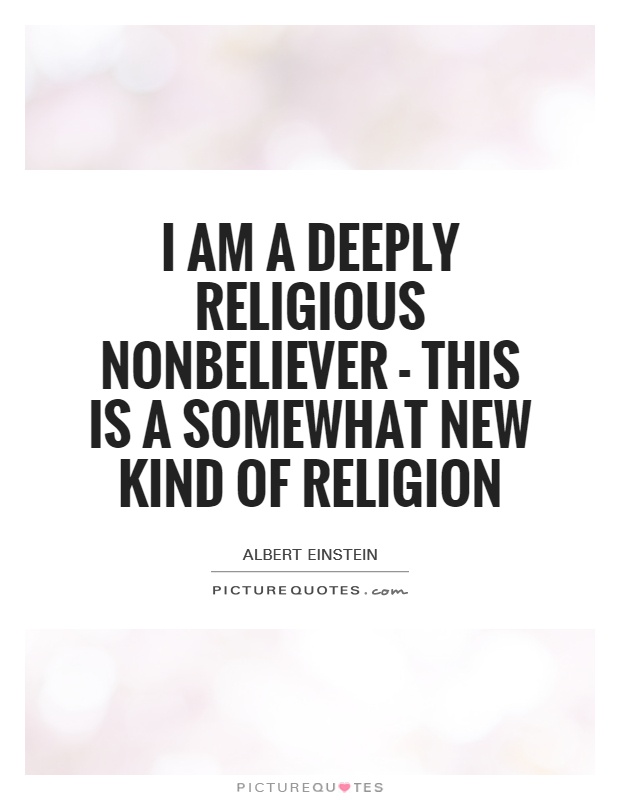
I am a deeply religious nonbeliever - this is a somewhat new kind of religion
Albert Einstein, one of the most brilliant minds in history, famously described himself as a "deeply religious nonbeliever." This statement may seem contradictory at first glance, but upon closer examination, it reveals a profound and nuanced understanding of spirituality and the universe.Einstein's concept of religion was not rooted in traditional beliefs or organized practices. Instead, he viewed the universe itself as a kind of divine entity, a manifestation of a higher power that transcended human understanding. In this sense, his religion was a deeply personal and philosophical one, based on awe and wonder at the mysteries of the cosmos.
For Einstein, science and religion were not mutually exclusive but rather complementary ways of understanding the world. He believed that the laws of nature, which he spent his life studying and unraveling, were a reflection of a deeper, underlying order that he described as "God." This concept of a cosmic intelligence or creative force was central to his worldview and informed his approach to both science and spirituality.
In his famous quote, "Science without religion is lame, religion without science is blind," Einstein emphasized the importance of integrating both rational and intuitive ways of knowing. He saw science as a tool for uncovering the secrets of the universe, while religion provided a framework for interpreting and appreciating the beauty and complexity of existence.
Einstein's "new kind of religion" was not based on dogma or doctrine but on a deep sense of reverence for the natural world and a profound respect for the interconnectedness of all things. He believed that the universe was a harmonious and orderly system, governed by laws that could be understood and appreciated by human beings.

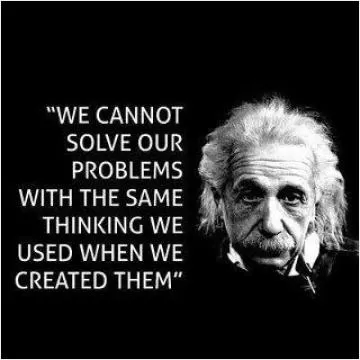


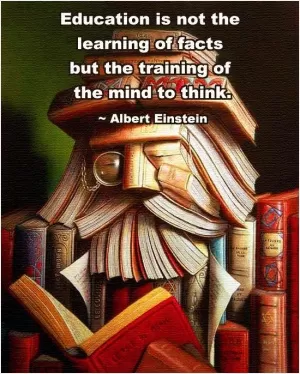


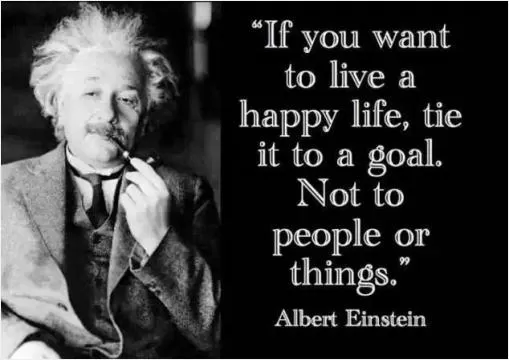
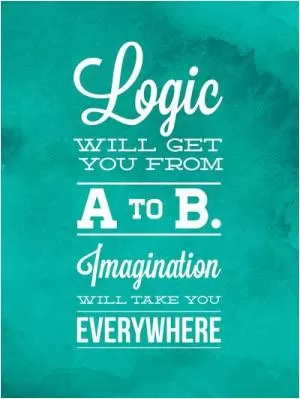

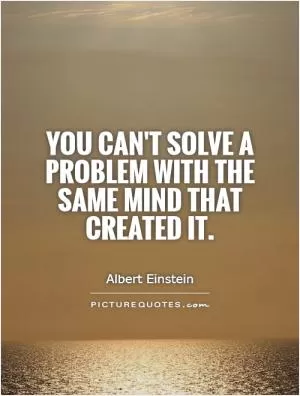
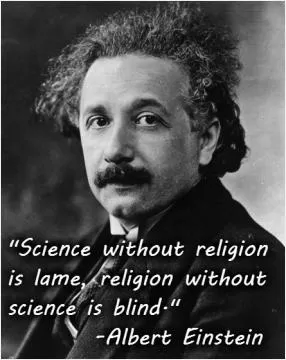
 Friendship Quotes
Friendship Quotes Love Quotes
Love Quotes Life Quotes
Life Quotes Funny Quotes
Funny Quotes Motivational Quotes
Motivational Quotes Inspirational Quotes
Inspirational Quotes